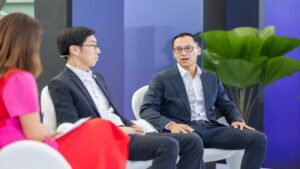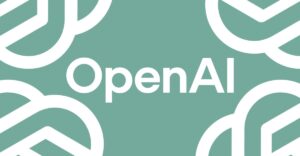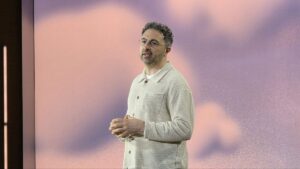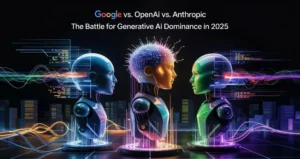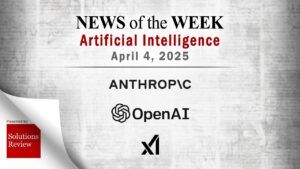Judge Rejects Elon Musk’s Attempt to Prevent OpenAI from Transitioning to a For-Profit Model
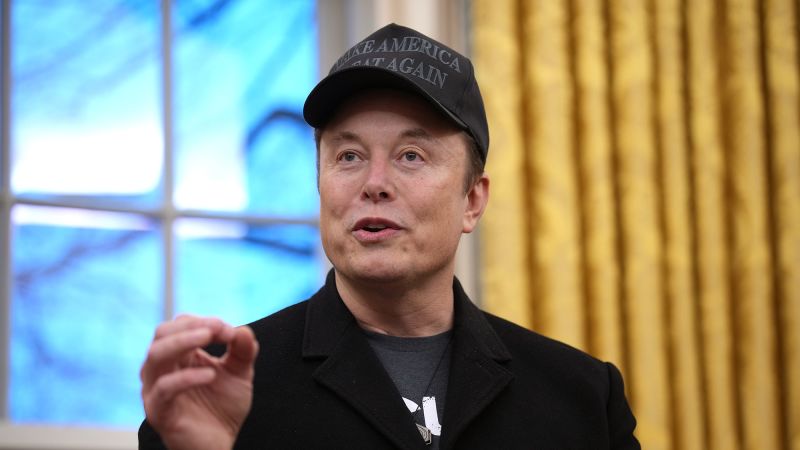
Legal Battle Over OpenAI’s For-Profit Shift
Latest Developments
A U.S. District Judge, Yvonne Gonzalez Rogers, recently made a significant ruling in a legal dispute involving Elon Musk and OpenAI. On Tuesday, the judge denied Musk’s request for a preliminary injunction aimed at halting OpenAI’s transition to a for-profit model. However, she also decided to expedite the trial, scheduling it for the fall of this year. This ruling plays a crucial role in an ongoing legal dispute that has captured widespread attention.
The Ruling Explained
Judge Rogers stated that Musk did not meet the necessary criteria for a preliminary injunction to prevent OpenAI from changing its business model. She emphasized the urgency of the legal matter by noting the potential public interest and harm that could arise if the transition to a for-profit organization was found to be unlawful. The judge expressed her intention to resolve the case swiftly, highlighting its importance.
Background of the Dispute
Elon Musk, who co-founded OpenAI in 2015 as a nonprofit but departed before its significant development, argues that the organization has deviated from its original mission. He claims that OpenAI was initially aimed at advancing artificial intelligence for the benefit of humanity, not for generating profit. This perspective has led to a yearlong legal rivalry, in which Musk is asserting that OpenAI’s shift toward profitability undermines its founding principles.
OpenAI’s Response
OpenAI and its CEO, Sam Altman, have rejected Musk’s claims, insisting that the transition to a for-profit model is necessary for attracting more investment and remaining competitive in the rapidly evolving AI landscape. This change is viewed as essential for supporting the costs associated with developing advanced AI technologies. OpenAI has publicly welcomed the judge’s decision, asserting that Musk’s lawsuit is primarily motivated by competition rather than a genuine concern for the company’s mission.
Legal Representation and Future Proceedings
Marc Toberoff, Musk’s lawyer, expressed satisfaction with the expedited trial set by the judge. He is optimistic that a jury will affirm Musk’s position that contributions made to OpenAI were intended for public benefit rather than private gain. The trial will focus on core issues surrounding the legal implications of OpenAI’s business transition.
Competitive Landscape
The ruling comes on the heels of an unsolicited bid from a Musk-led consortium, which offered $97.4 billion to acquire OpenAI. Altman firmly rejected this offer, stating that OpenAI is not for sale and suggesting that Musk’s actions are an attempt to hinder a competitor. The competitive dynamics in the AI sector are intensifying, with major players vying for dominance.
Funding Opportunities for OpenAI
In the midst of this legal battle, OpenAI is reportedly in discussions with SoftBank Group for a substantial funding round. This investment could reach up to $40 billion, potentially valuing OpenAI at approximately $300 billion. Such a valuation significantly surpasses the $75 billion valuation that Musk’s new venture, xAI, has proposed in recent fundraising efforts. This financial backing highlights the ongoing interest and investment potential within the artificial intelligence sector.
As this legal fight unfolds, the ramifications for both OpenAI and Musk’s ventures could have far-reaching consequences for the future of artificial intelligence and its role in society. The scheduled trial will bring further scrutiny and may clarify the future trajectory of both entities amid a changing landscape.

